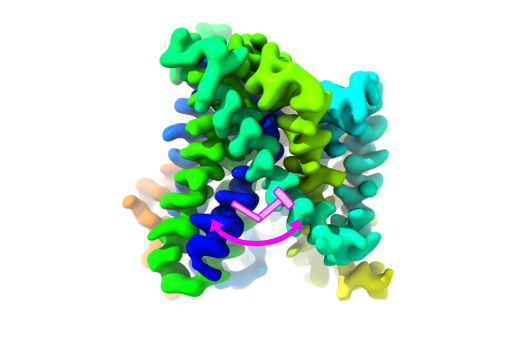Images
Participants


Contact

Researchers at IDIBAPS and IRB Barcelona have described in Cancer Research, that the longer the time from the onset of the tumour to the development of metastasis is, the more aggressive this cancer becomes.
A study published in the journal Cancer Research underscores the importance of the molecular characterization of the metastases in breast cancer. Researchers have described, for the first time, that the longer the time from the onset of the tumour to the development of metastasis is, the more aggressive this cancer becomes. They have also shown that between the initial tumour and the metastasis the subtype of breast cancer can change in up to 40% of cases.
The work has been coordinated by Aleix Prat, Head of the Oncology Department of the Hospital Clínic, Head of the Translational Genomics team and directed therapies in solid tumors IDIBAPS team and Head of the VHIO Translational Genomics Group. The first author of the study is Juan Miguel Cejalvo, PhD student of the PhD4MD programme in the group led by Aleix Prat at IDIBAPS and in the Growth control and cancer metastasis group of the Institute for Research in Biomedicine (IRB Barcelona), led by the ICREA researcher Roger Gomis.
In breast cancer, metastases appear years or even decades after the diagnosis of the primary tumour. These secondary lesions originate from dispersed tumour cells that have gone through a period of dormancy. It is important to know the molecular mechanisms that promote the formation of detectable metastases from these disseminated cancerous cells for a more accurately approach of the disease.
Breast cancer can be classified in four subtypes at the molecular level: Luminal A, Luminal B, HER2-enriched (HER2-E) and basal-like type. There are great differences among them in terms of incidence, survival and response to different treatments. So far, the results of tumor analysis have suggested that the molecular subtype does not substantially change when metastases appear.
For the study published in Cancer Research, samples from 123 patients from a trial of the GEICAM, the Breast Cancer Research Group, and the hospitals Clínic of Barcelona, Clínic of Valencia, Vall d'Hebron and AO-Papardo Of Messina (Italy), were analyzed.
Researchers studied the genomic changes in 105 genes at the RNA level between the initial tumour and the metastases. They observed that, although in most cases the molecular subtype is maintained when the metastasis appears, this does not happen in a particular subtype, Luminal A. In this case, when metastasis appears, it becomes Luminal B or HER2- E in 55% of cases. "These luminal A tumors that change the subtype in metastatic disease, have lost their sensitivity to antiestrogenic treatments and, in this context, we need to look for other therapeutic options," explains Juan Miguel Cejalvo.
This study also describes for the first time that the longer the time between the diagnosis of the primary tumour and the onset of metastasis is, the more aggressive becomes the cancer.
"The study has important implications since it indicates that in breast cancer it is key to biopsy and to analyze at the genomic level the metastasis for a proper tumour characterization and to determine if there has been any change in its biology and, therefore, in its behavior," says Aleix Prat. "This analysis will help us to choose the most appropriate treatment and to better predict the survival of patients with metastatic disease. It also opens the door for the design of clinical trials with new drugs based on the biology of metastasis and not of the primary tumor, as it is done at present," he concludes.
Reference article:
Juan Miguel Cejalvo, Eduardo Martínez de Dueñas, Patricia Galvan, Susana García-Recio, Octavio Burgués Gasión, Laia Paré, Silvia Antolin, Rossella Martinello, Isabel Blancas, Barbara Adamo, Angel Guerrero-Zotano, Montserrat Muñoz, Paolo Nuciforo, María Vidal, Ramón M Pérez, José Ignacio Chacón López-Muñiz, Rosalía Caballero, Vicente Peg, Eva Carrasco, Federico Rojo, Charles M. Perou, Javier Cortes, Vincenzo Adamo, Joan Albanell, Roger R Gomis, Ana Lluch and Aleix Prat.
Intrinsic subtypes and gene expression profiles in primary and metastatic breast cancer
Cancer Research (2017) DOI: 10.1158/0008-5472.CAN-16-2717
About IRB Barcelona
The Institute for Research in Biomedicine (IRB Barcelona) pursues a society free of disease. To this end, it conducts multidisciplinary research of excellence to cure cancer and other diseases linked to ageing. It establishes technology transfer agreements with the pharmaceutical industry and major hospitals to bring research results closer to society, and organises a range of science outreach activities to engage the public in an open dialogue. IRB Barcelona is an international centre that hosts 400 researchers and more than 30 nationalities. Recognised as a Severo Ochoa Centre of Excellence since 2011, IRB Barcelona is a CERCA centre and member of the Barcelona Institute of Science and Technology (BIST).




